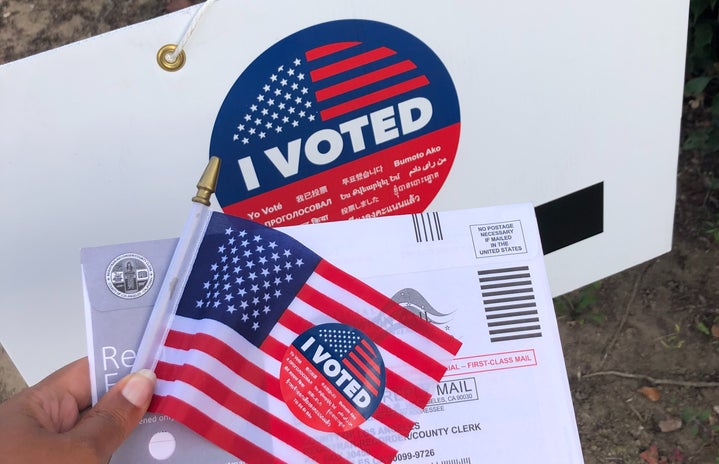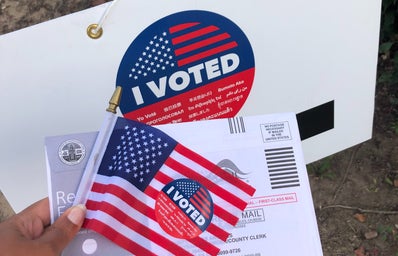The Voting Rights Act of 1965 is arguably one of the most well-known pieces of
legislation ever passed in the history of the United States. The Act was designed to enforce the
15th amendment that had been passed nearly a century before. The Act ended a multitude of
practices meant to keep people of color from voting, including literacy tests, poll taxes, and
general harassment. The Voting Rights Act has been continuously attacked by different groups
attempting to weaken it since its creation. In 2023 it was challenged in a case called Alan v
Milligan, the case involved a redrawing of the Alabama congressional districts that included only
one majority-black district. The challenge was raised under Article 2 of the Civil Rights Act as it
underrepresented black voters in the state. The Supreme Court upheld section 2 in a slim
majority vote of 5 to 4.
The most recent challenge to Article 2 comes in the form of a case from Arkansas called
Arkansas State Conference NAACP v Arkansas Board of Appointment in which the 8th Circut
US Appeals Court decided not to hear. The Arkansas court ruled that voters and civil rights
groups cannot challenge the state under Article 2. This occurred after a group of voters tried to
challenge the state’s new congressional map. The 8th Circut US Appeals Court is also over a
total of seven states including, the Dakotas, Arkansas, Iowa, Minnesota, Missouri, and Nebraska,
so by implication all voters and civil rights groups in these states will not be able to challenge
unfair or illegal voting laws.
Along with preventing citizens from filing lawsuits it also prevents private groups from
filing lawsuits, the traditional right for private groups to file lawsuits is called the private right of
action. The decisions made in Arkansas and by the 8th Circut Appeals Court ignore many years
of precedent by denying this right. The Supreme Court has established the private right of action
repeatedly and clearly in several cases such as Barnes v. Gorman and Alexander v. Sandoval.
Two of the most famous private groups that have historically secured a range of rights for many
Americans is the ACLU and the NAACP. Cases that involved the ACLU include such heavy
hitters as Brown v Board of Education, Miranda v Arizona, and Griswold v Connecticut. The
NAACP was also involved in the success of Brown v Board of Education.
This ruling would only allow the federal government to sue states for violations of the
Voting Rights Act effectively adding stress to the Justice Department and leaving many voters
stuck without proper representation in the major coming elections. The ruling only applies to the
states listed above that are within the 8th Circut Appeals Court, however, this ruling may
encourage other states to follow in Arkansas’ footsteps. As of now, around 22 million Americans
are affected by this ruling and are unable to take any action to secure their voting rights


